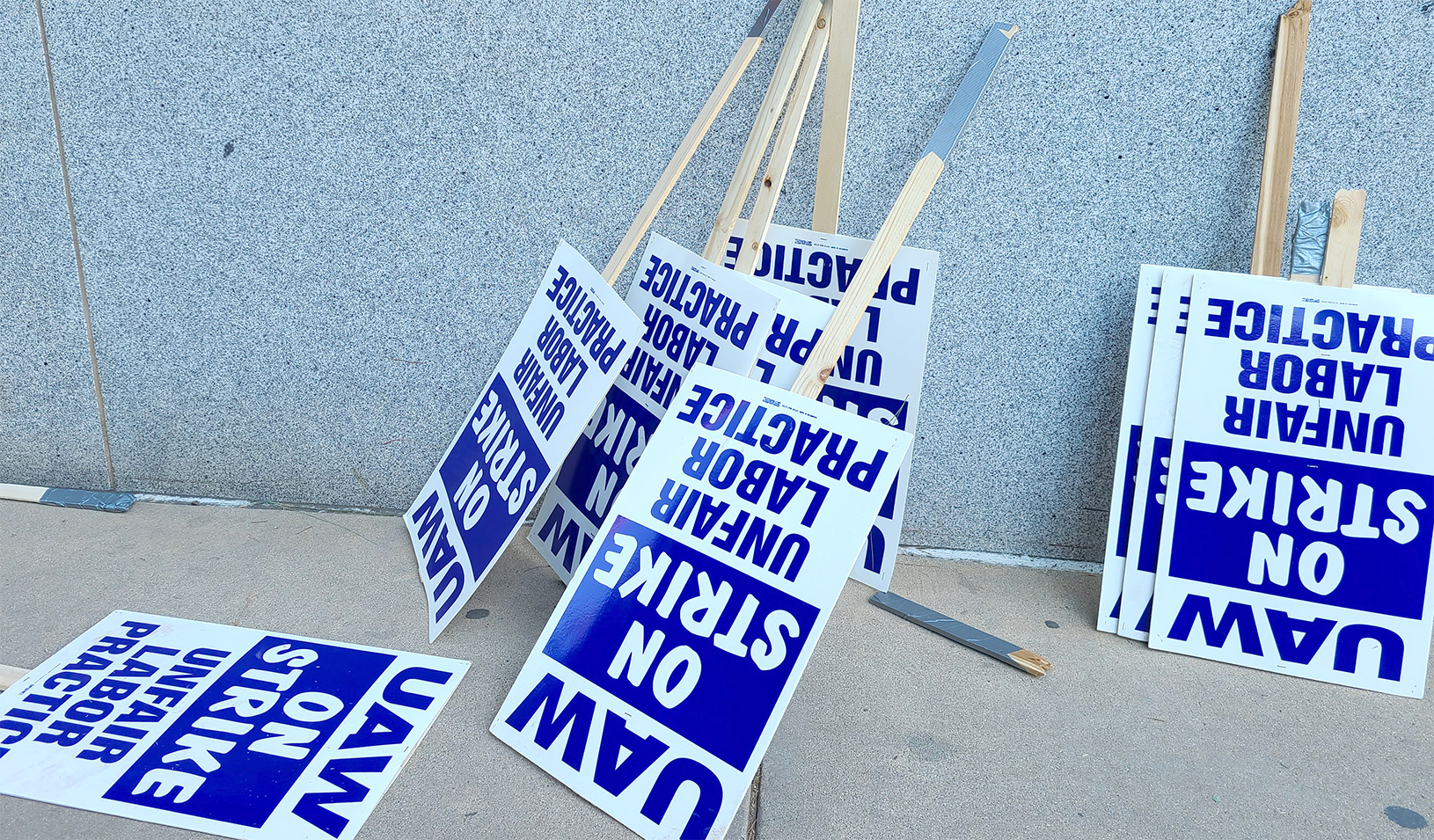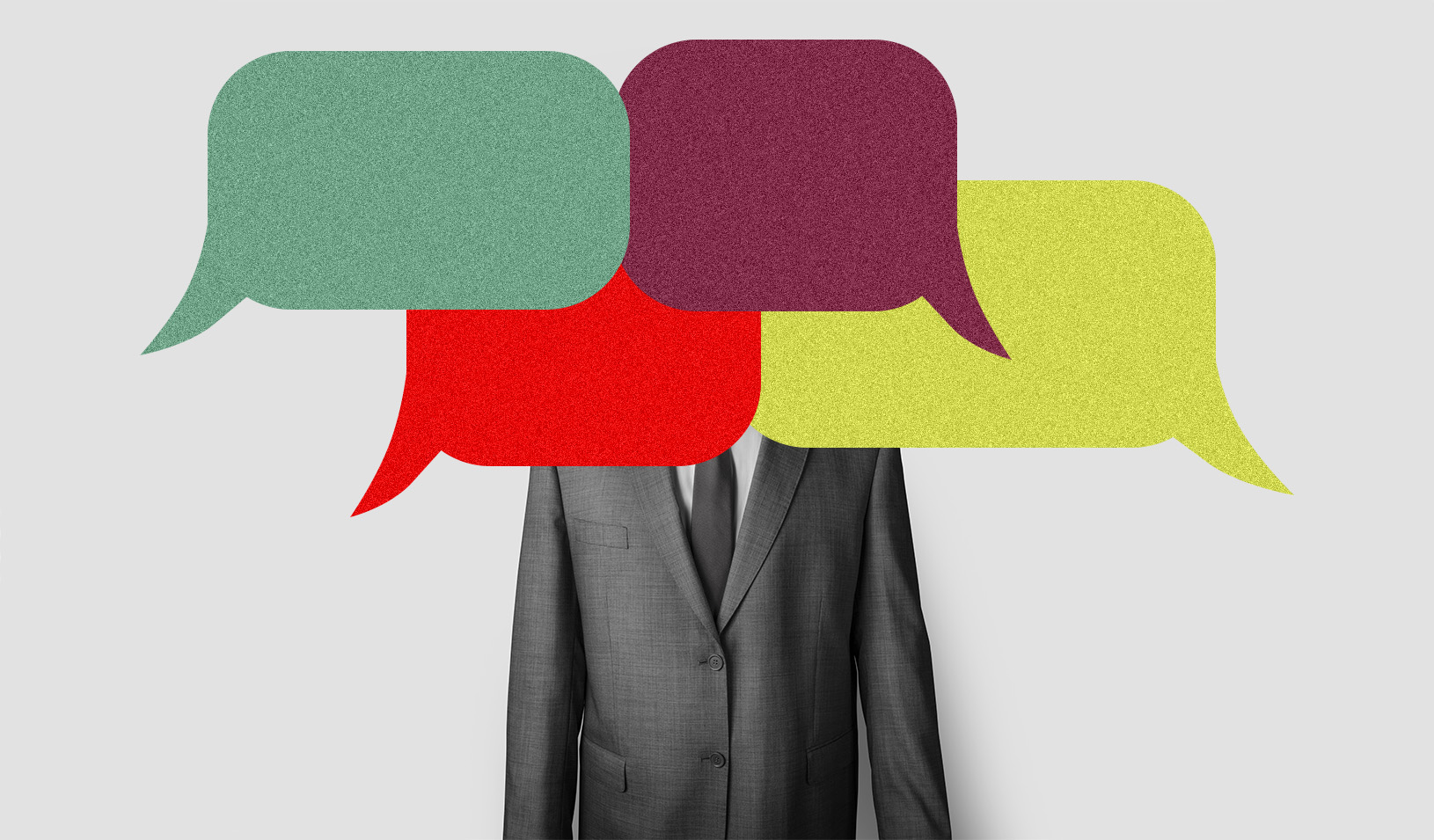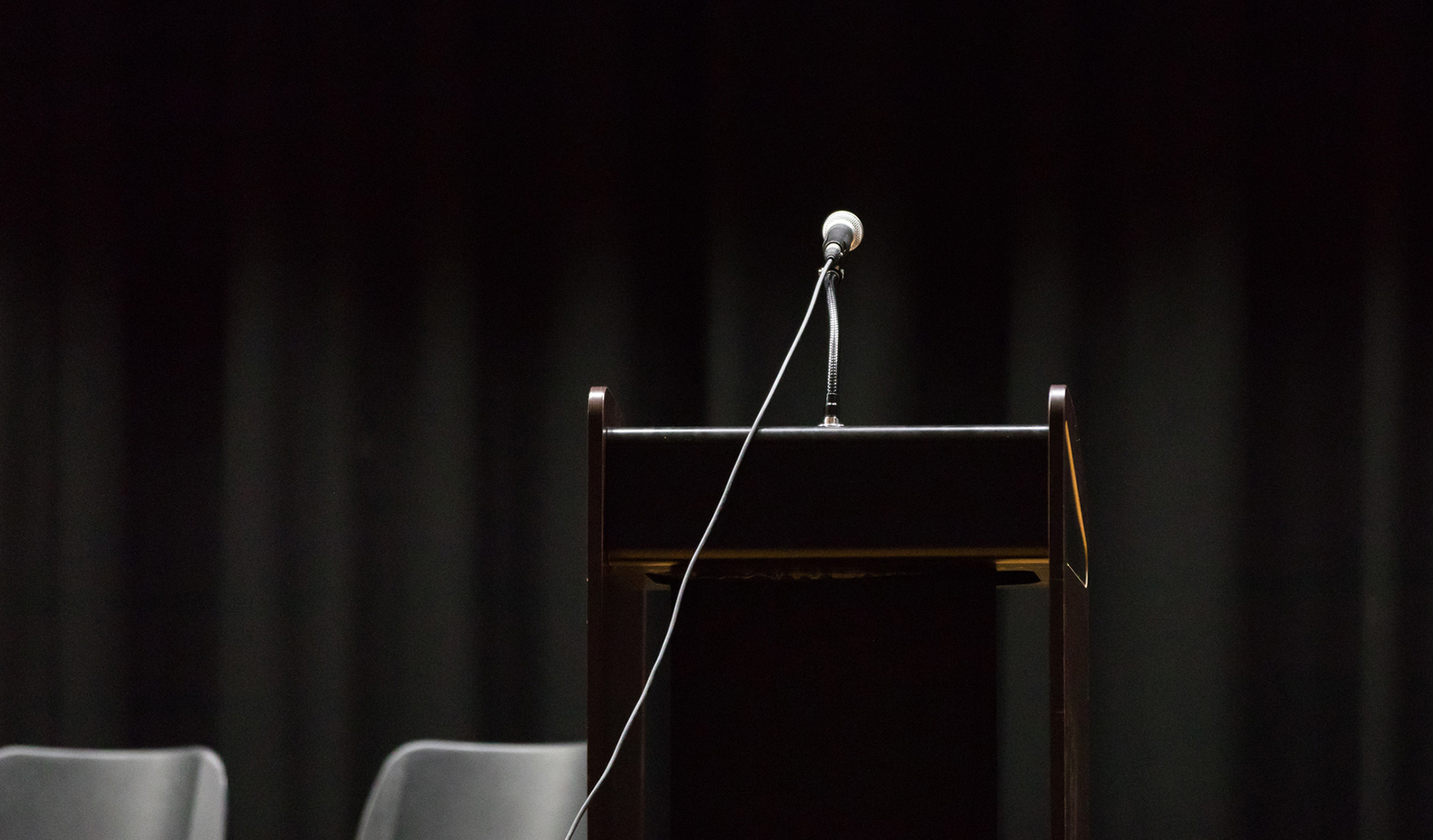As we near the end of a “mega election” year in which as many as 2 billion people will cast ballots globally, concerns about the health of democracy are growing. Among the most frequently cited threats to democratic systems are increased discontent with political parties, the spread of disinformation, despair about the future, and a shift toward authoritarian and extremist discourse.
Also on the list: corruption. A 2020 global survey found high levels of dissatisfaction with democracy in countries where misgovernance is endemic. In Latin America, a growing share of citizens believe corruption is their country’s top problem, coinciding with eroding faith in democratic institutions.
Although the causal relationship between corruption and democracy’s decline may seem apparent, it is hard to prove empirically. Saumitra Jha, an associate professor of political economy at Stanford Graduate School of Business, teamed up with Eduardo Rivera of the Massachusetts Institute of Technology and Enrique Seira of Michigan State University to explore the connection. “We confirmed that corruption does have a causal impact on undermining support for democracy, which people express in a variety of ways: trusting government institutions and one another, willingness to volunteer to support electoral agencies, and voting itself,” Jha says.
Their study focused specifically on “apex corruption” — when politicians at the highest levels misuse public office for private gain. Its findings provide a glimpse into how corrosive this type of corruption is as well as ideas for possible antidotes and lessons for countries where democracy seems fragile, including the United States.
Rot at the Top
Jha and his colleagues’ first step was to build a database of high-level corruption scandals in Latin America between 2008 and 2018. A prominent example was Operation Car Wash, the code name of the investigation into a massive bribery and kickback scheme involving major Brazilian companies and politicians.
The researchers also collected surveys about support for democracy and perceptions of corruption during that period. By identifying responses gathered before and after the corruption scandals made headlines, they confirmed that apex corruption reduced trust in democratic institutions and increased preference for authoritarianism. They also found these top-level scandals increased violent protests by 70% and that such effects could linger for several months after the news broke.
The researchers’ next step was a field experiment involving 3,300 people in the Mexican state of Oaxaca during the run-up to the 2021 congressional elections. The region was known as a bastion of support for then-President Andrés Manuel López Obrador (aka AMLO), who’d won the 2018 elections on an anti-corruption platform. By the time of the congressional elections, though, corruption scandals had hit AMLO’s government and his family members.
Participants were shown two videos: one featured AMLO’s brother at a restaurant receiving a thick envelope of money from a government official; the second showed senators and leaders of the two main opposition parties exchanging bribes. Surveys showed that the first video had a greater impact on the viewers’ trust in democracy than the second one. The spillover effect of the first video was particularly corrosive: It reduced people’s trust not only in democracy but also in other citizens.
To counter the effects of apex corruption, the researchers showed participants a custom-made video designed to boost their sense of shared identity. It featured stunning images of Mexico’s natural and architectural landmarks, historical events, and famous personalities, guided by a voice-over reminding viewers, “Mexico always rises up because it is indestructible, inevitable, and the hope that is found again and again.”
Yet its message of national pride only went so far. “I found it deeply emotive, and so did my coauthors, who are both from Mexico,” Jha says. “But even though people thought it was a high-quality production, it did not have the expected result of offsetting the effects of apex corruption.”
The researchers tried another possible antidote: exposing people to financial markets to test whether participating in shared economic gains can impact attitudes toward democracy. Participants were offered about $10, of which they could trade a portion weekly to buy stocks in the main Mexican index. Although less than a third of participants agreed to make these trades, this exercise raised their support for democracy, trust in other citizens, and even voter turnout.
Not Just an International Problem
Although many Americans associate corruption with developing countries, research finds that perceptions of widespread government malfeasance are comparable in the United States and Latin America. “I was surprised to see that,” Jha says. “This isn’t talked about in many circles, but this perception carries a political message that resonates with people.”
He notes that Americans increasingly believe that private interests are corrupting democracy, which may be linked to calls by U.S. politicians on both sides of the aisle to “drain the swamp.” Former President Donald Trump based his 2016 platform on this pledge. In 2019, then-House Majority Leader Nancy Pelosi promised that Democrats would “drain the swamp of dark-interest money” in Washington, D.C.
Jha is optimistic, however. Just as the study reveals that high-level corruption erodes support for democracy, it also suggests ways to reverse course. “The concept of corruption at the top can also give us agency,” he explains. “That means that honesty at the top can also have the reverse effect. If we see leaders, whether they are elected or not, being explicitly honest and supporting honest business practices, their prominence can change the equilibrium.”
For media inquiries, visit the Newsroom.






